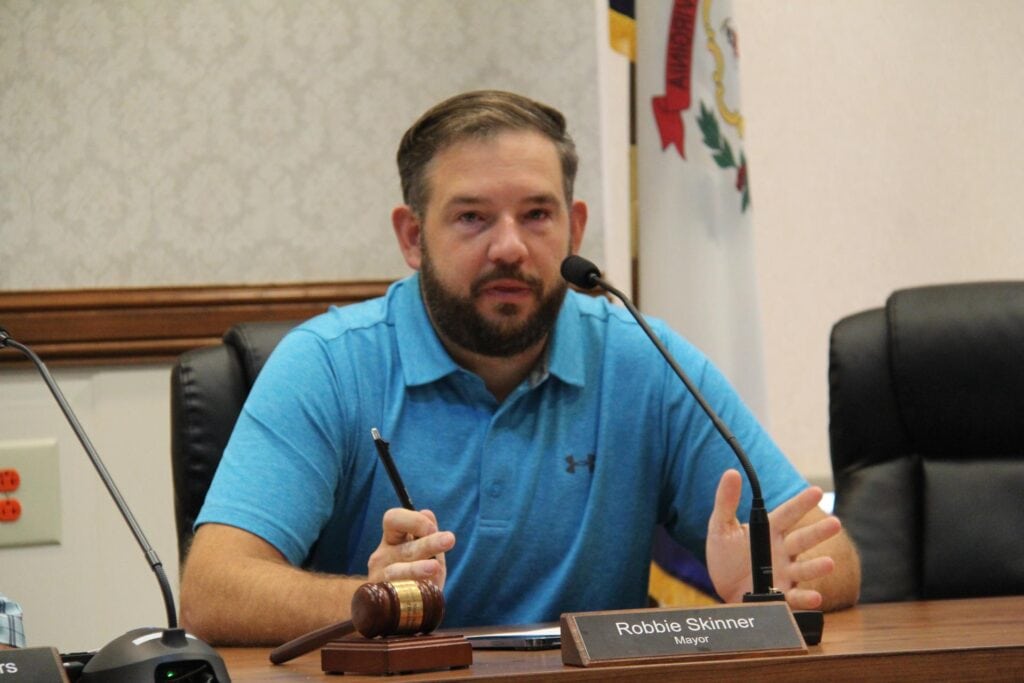Charleston, WV – Today, U.S. Senator Joe Manchin (D-WV) urged the Department of Education to swiftly implement additional support he secured in the year-end package to better assist students experiencing homelessness in West Virginia. Schools across the state have reported a significant increase in student homelessness due to the COVID-19 pandemic.
The Senator said in part, “It is now more urgent than ever before to address the needs of students experiencing homelessness. Prior to the COVID-19 pandemic, the Department’s data showed that 1.5 million homeless children and youth were identified and enrolled in public schools – an 11 percent increase over the previous school year and the highest number on record. The economic crisis caused by the COVID-19 pandemic has undoubtedly exacerbated this situation, causing more families and youth to struggle without a safe, stable home environment, and creating even more barriers to their education.”
The letter can be read in full below or click here.
Dear Assistant Secretary Brogan:
We write to call your attention to report language included in the recently-enacted FY2021 Omnibus and COVID Relief and Response Act, urging the Department of Education (the Department) to ensure that Title I, Part A funds are reserved in adequate amounts, and used appropriately, to meet the needs of students experiencing homelessness, and urge its full and swift implementation. The Report states:
“The Committee urges that the Department support LEAs’ development of plans under section 1112(b)(6) of the Elementary and Secondary Education Act (ESEA) that describe the amount of funds for homeless students reserved under section 1113(c)(3)(A) of the ESEA, how such amount was determined, and the amount of the prior year’s reservation that was spent on homeless students. The Committee further urges that the Department support SEAs’ development of plans under section 1111(g)(1)(F) of the ESEA that describe how the SEA will monitor the amount and use of funds reserved for homeless students under section 1113(c)(3)(A) and provide technical assistance to assist LEAs in effectively using such funds to support homeless students.”
It is now more urgent than ever before to address the needs of students experiencing homelessness. Prior to the COVID-19 pandemic, the Department’s data showed that 1.5 million homeless children and youth were identified and enrolled in public schools – an 11 percent increase over the previous school year and the highest number on record. The economic crisis caused by the COVID-19 pandemic has undoubtedly exacerbated this situation, causing more families and youth to struggle without a safe, stable home environment, and creating even more barriers to their education. Local education agencies are also facing unprecedented difficulties reaching and identifying homeless students in the wake of the pandemic, with as many as 420,000 homeless students around the country being at risk of failing to receive the critical services that help them succeed in school. This is of great concern, as research shows that a high school degree is the single greatest protective factor against future homelessness and is imperative to escaping poverty.
Title I Part A has a critical role to play in closing the academic achievement gaps for homeless students, whose graduation and proficiency rates are significantly below those of economically disadvantaged students. It is imperative that funds reserved to provide services for homeless students be sufficient to meet the needs of this population and be used as allowable under federal law, and that schools do not allow this funding to expire without being expensed.
We urge you to take every possible measure to begin to implement the FY2021 report language on Title I Part A and homelessness, including tracking the amount of funds reserved by LEAs for homeless students, how the reserved amounts were determined, and how much of prior years’ reservations were spent serving homeless students. We also urge you to assist and ensure that SEAs are monitoring the amount and use of Title I funds reserved to provide services for homeless students. Finally, we ask that you look for all avenues at your disposal to prioritize the needs of students experiencing homelessness within and across federal education programs, including COVID relief funding and robust support for the McKinney-Vento Act’s Education for Homeless Children and Youth program.
We appreciate your consideration of this request.












